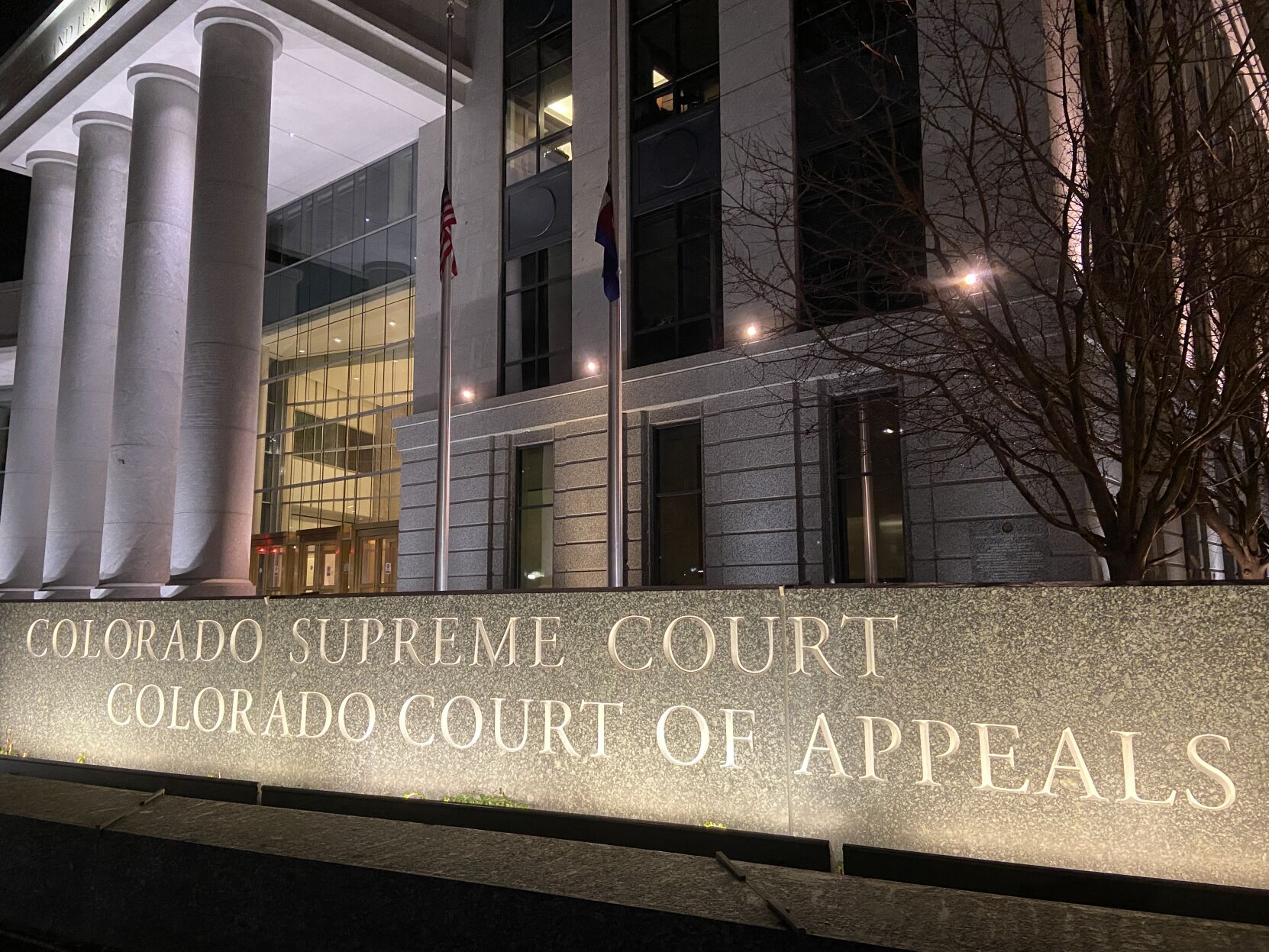State Supreme Court panel greenlights certain political activities by judges’ staff off the clock

The Colorado Supreme Court’s ethics panel has relaxed the guidance it originally issued following the global racial justice protests of 2020 and now concludes that law clerks and other employees of state judges may participate in rallies and offer political commentary.
A Dec. 21 opinion from the Colorado Judicial Ethics Advisory Board said that in response to a rule change the high court enacted in the fall, judges are not responsible for certain types of advocacy done in their staff’s personal time. Those include “political or social protests, rallies or marches or mak[ing] political posts on social media as long as such actions are done outside of work, are not part of their official duties as staff members and are not done in the judge’s presence,” the opinion clarified.
Until September, Rule 2.12(A) of the Colorado Code of Judicial Conduct obligated judges to ensure court employees and officials acted in a manner consistent with the judge’s own professional obligations. In the summer of 2020, one judge asked the advisory board to weigh in on whether law clerks and externs (who are typically students earning academic credit) were allowed to join protests and make social media posts condemning racism or supporting police reforms.
At the time, Colorado had just enacted comprehensive law enforcement accountability legislation and protests had swept across the world in response to the police killing of George Floyd in Minneapolis.
The advisory board indicated that law clerks and externs were not covered by the Code of Judicial Conduct, but that judges as supervisors had a responsibility to ensure that their employees’ conduct did not call their own impartiality into question.
Consequently, judges and their employees “may comment on matters concerning the law, the legal system, or the administration of justice but may not comment on political issues or participate in political demonstrations, rallies, or marches,” the panel said on July 17, 2020.
At the time, the advisory opinion took inventory of other states that had cautioned their judges against participating in protest activity. New York generally dissuaded its judges from attending the “March For Science” in 2017, and gave a thumbs down to attendance at a rally opposing the Trump administration’s Muslim ban. The Arizona Supreme Court’s ethics advisory committee found it narrowly permissible for a judge to attend a pro-immigrant march, but warned judges to “be prepared to leave if the event proves problematic.”
Among the worries the ethics bodies raised were the possibility of event organizers coming before a judge, of a judge appearing biased, or of the entire judicial branch being perceived poorly. In contrast, the Colorado Judicial Ethics Advisory Board did find it acceptable for judges to make statements generally commenting on racial equity and institutional bias, or calling for changes resulting in equal justice for all.
“The comments are acceptable because they call on judges and lawyers to reflect upon, reform, and improve the justice system,” the board wrote. “Such public comments are not political and do not call into question the integrity or impartiality of the judiciary; rather, they instill public confidence in the judiciary and promote ethical conduct among judges and lawyers by promoting access to justice for all.”
On Sept. 23, 2021, the Supreme Court amended Rule 2.12(A) to clarify that judges should ensure employees act consistent with the Code of Conduct only while their staff performs their judicial duties or is in the presence of the judge.
As a result, the advisory board withdrew its July 2020 opinion. It noted that the prior version of the rule was not explicit about when a judge should oversee the conduct of law clerks or externs. Now, the panel has deemed the rule does not apply outside of work and outside the presence of an employee’s judge.
It is possible, the advisory board cautioned, that the personnel rules of the judicial branch, if not the judicial code itself, may have additional limitations on professional conduct.

michael.karlik@coloradopolitics.com












